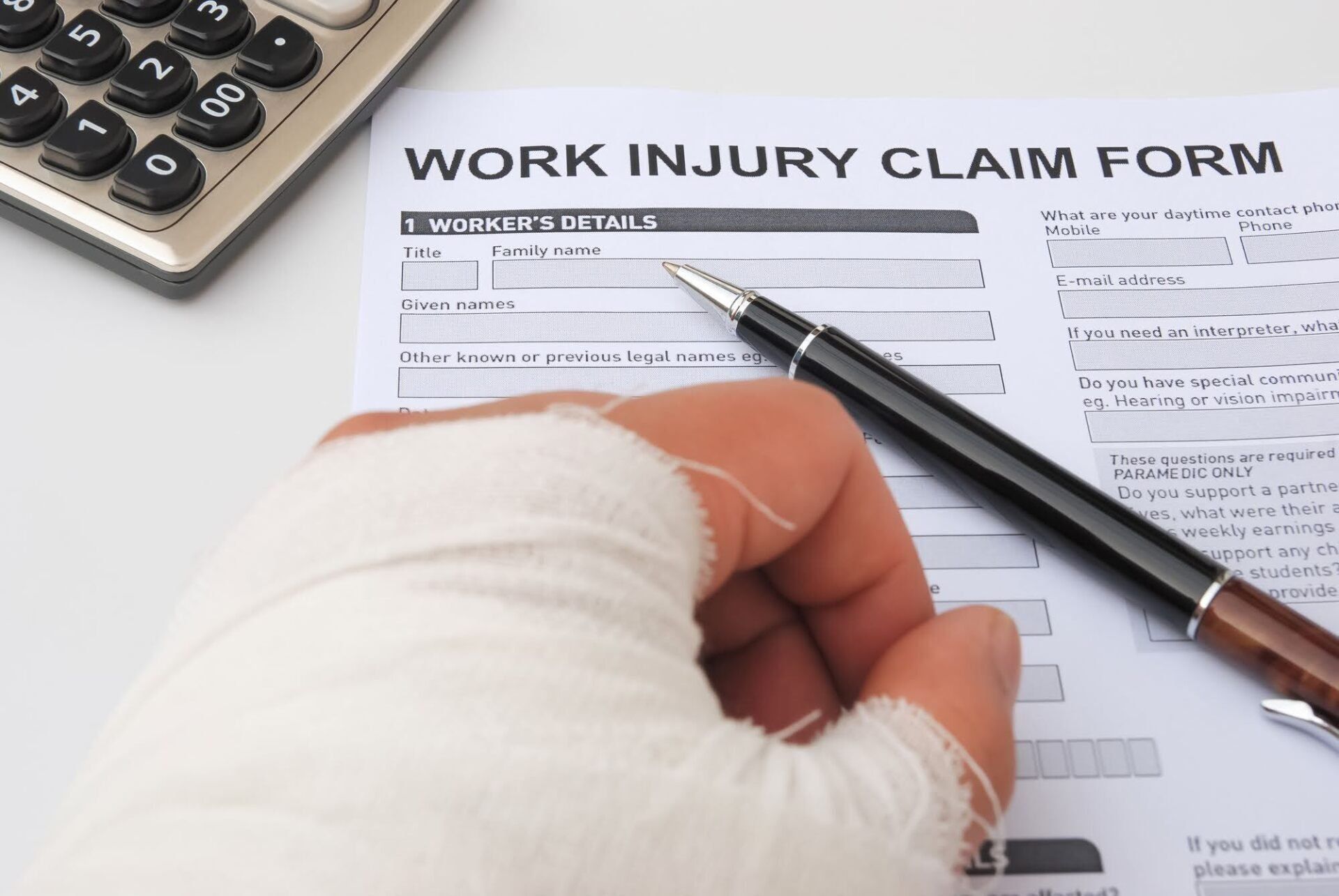Negligence and Workers’ Comp | Law Offices of David A. Helfand, P.A.

Workers’ compensation is set up by employers as a way of keeping their employees financially solvent after an injury. Compensation will typically kick in for most injured individuals regardless of either employer or employee negligence in the wound.
Unfortunately, some employers may try to deny these claims and leave an employee in a tough financial situation. Therefore, anybody injured at work due to their own negligence must understand the complexities of this process and how they can appeal any compensation denials.
Workers’ Comp Covers Some Employee Negligence
Workers’ compensation covers most cases of injuries caused by employee negligence. For example, if a worker neglects to take proper lifting procedures while picking up heavy goods, their back injury will still be covered by workers’ compensation.
Moreover,
persistent problems, like lower-back pain caused by poor sitting
posture at a desk, will also be covered by workers’ compensation.
Employee negligence is rarely a factor in these cases because the
injuries still occurred at work and were a direct result of the
injured person's work duties. However, some types of employee
negligence will immediately cause claim denial.
Employee-Negligence Injuries Not Covered by Workers’ Comp
Any injury suffered on purpose by an employee is not covered by workers’ compensation. For example, an employee who cuts their hand on purpose during their job duties will not receive payment. Denial of such claims occurs because the employee is attempting to take advantage of the compensation system for their gain.
Furthermore, any injuries suffered while a person violates company policy are not covered. For example, individuals may neglect following strict protocol during a difficult forklift procedure and end up suffering severe injuries. Denial of these damages occurs because the individual failed to follow company guidelines according to their contract.
Just as importantly, workers’ compensation denies any injuries experienced while breaking the law. For example, individuals injured due to drinking alcohol or smoking marijuana at work will not receive payment.
Unfortunately, employers may try to argue that their employees were engaged in any of the actions mentioned above — even if they weren't — as a way of denying coverage.
Employers May Try to Deny Coverage
Workers’ compensation payment comes from an insurance policy purchased by the business to help injured employees stay financially solvent while out of work. Therefore, most businesses don't fight too hard against workers’ compensation claims. However, some businesses may try to deny compensation claims due to employee negligence.
The reasons behind these denial claims will vary. For example, the employer may just not like the individual and attempt to hurt them by denying payment. Other employers may be concerned about increased insurance rates from their compensation provider and may try to negate it with denial.
Thankfully, denied workers’ compensation claims appeals help employees who were negligent but not criminal in their injury. And in most cases, a person appealing a denied claim will still receive a portion of their workers' compensation.
Appealing the Decision May Help
Most workers’ compensation claim appeals start in mediation with a non-biased official. Mediation provides individuals with a mediator who can argue for their rights and try to get some form of compensation for their injury. New evidence is not allowed during this mediation, though, so the plaintiff must use the details provided during the initial denial
However, if the case cannot be sorted out in mediation, a trial may be necessary. In a compensation trial, the injured employee must show that their negligence was not self-inflicted or criminal, which may be challenging to do alone. So please contact the Law Offices of David A. Helfand, P.A., right away if you are in this type of case and need help getting your deserved workers’ compensation.
CONTACT US
We will get back to you as soon as possible
Please try again later
CONTACT US
We will get back to you as soon as possible
Please try again later
Office Hours:
- Mon - Fri
- -
- Sat - Sun
- Closed










